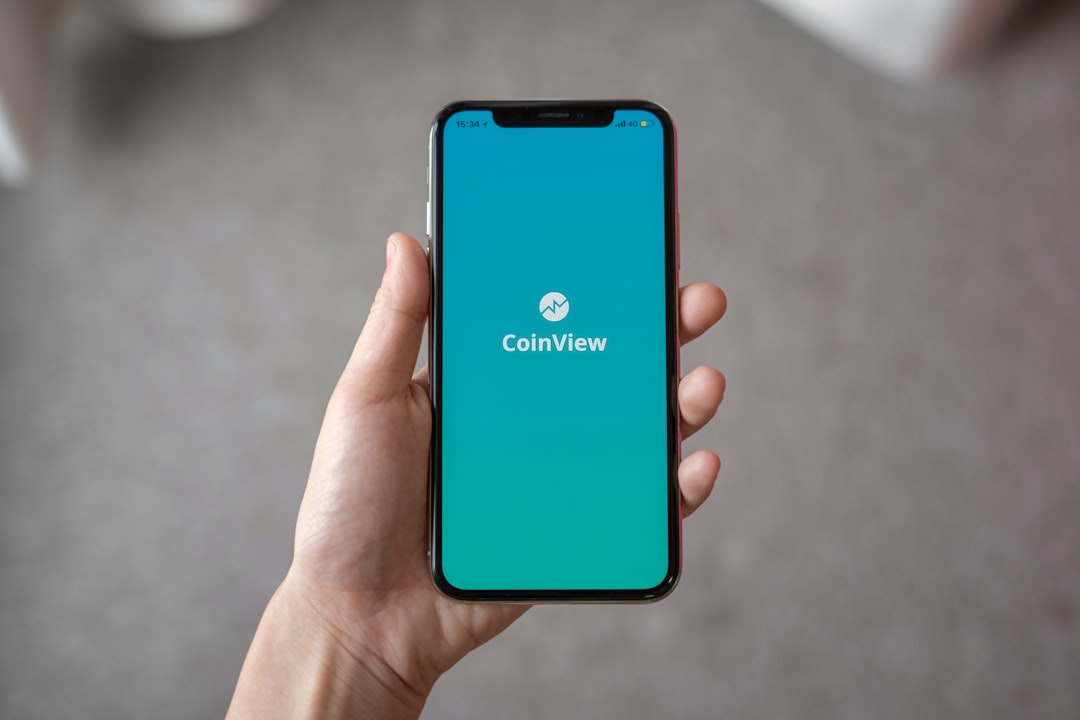South Carolina's robust robocall laws protect residents from unsolicited automated calls, offering transparency and control over phone communications. By mandating explicit consent and providing opt-out mechanisms, these regulations reduce unwanted calls from telemarketers, scammers, and political campaigns. Residents can leverage the National Do Not Call Registry, phone service provider tools, and advanced blocking apps to combat persistent robocalls. Staying informed about these measures ensures South Carolinians can enjoy uninterrupted conversations and peace of mind in a world plagued by nuisance calls.
South Carolina residents, tired of unwanted robocalls? You’re not alone. With strict robocall laws in place, understanding your rights and leveraging effective blocking tools is crucial. This guide breaks down common sources of robocalls targeting SC residents and offers top strategies to combat them. From legal protections to cutting-edge blocking apps, discover how to reclaim control over your phone lines. Learn the ins and outs of robocall laws in South Carolina and take back your peace and quiet.
Understanding Robocall Laws in South Carolina

In South Carolina, just like in many other states, robocall laws are designed to protect residents from unwanted and unsolicited automated phone calls, commonly known as robocalls. These laws are part of a broader effort to ensure consumers’ privacy and peace of mind while using their telephones. Understanding these regulations is crucial for both residents and businesses operating within the state, as they outline permissible practices for making automated calls and set forth penalties for violations.
South Carolina’s robocall laws primarily focus on ensuring transparency and consent. They require that callers obtain explicit permission from recipients before placing any robocalls, except in specific cases such as emergency situations or calls made by government agencies. Businesses must also provide a clear and simple way for individuals to opt-out of receiving future automated calls. By adhering to these regulations, South Carolina residents can enjoy greater control over their phone communications and reduce the number of unwanted robocalls they receive.
Common Sources of Robocalls and How to Block Them

Robocalls, automated phone calls from unknown numbers, have become a widespread nuisance, especially in South Carolina where laws regarding telemarketing and robocalls are in place to protect residents. Common sources of robocalls include telemarketing companies, scammers posing as legitimate organizations, and even political campaigns. To combat these unwanted calls, South Carolinians have several options available to them under the state’s robocall laws.
One effective method is to register your number on the National Do Not Call Registry. This federal list restricts calls from telemarketers, but not all robocalls. Nonetheless, it’s a good starting point. Additionally, many phone service providers offer call-blocking features or apps that can filter out known robocallers. Utilizing these tools in conjunction with consumer protection laws in South Carolina provides a robust defense against incessant robocalls.
Top Robocall Blocking Tools for South Carolina Residents

South Carolina residents, like many across the country, face a persistent issue with robocalls. While state laws exist to mitigate these unwanted calls—such as the Telephone Consumer Protection Act (TCPA) and regulations enforced by the South Carolina Public Service Commission—robocallers continue to adapt their tactics. Fortunately, several robust robocall blocking tools are available to help South Carolinians regain control of their phones. From call-blocking apps to advanced home phone systems, these solutions leverage cutting-edge technology to identify and block automated calls, ensuring residents can enjoy more peaceful conversations.
Effective Strategies for Reducing Unwanted Calls in SC

Robocalls have become a persistent problem across the nation, including South Carolina, where residents are often burdened by unwanted marketing and scam calls. However, there are several effective strategies to reduce these nuisance calls. One of the primary approaches is to leverage state laws designed to protect consumers from robocalls. South Carolina has implemented robust regulations under the Telemarketing Act, enabling residents to register their phone numbers on the Do Not Call list. This simple step can significantly curb automatic sales and marketing calls.
Additionally, installing a reliable robocall blocking app or using features offered by your service provider can be highly effective. Many modern phones come with built-in call screening and blocking tools that can filter out suspicious or unwanted numbers. Using these features in conjunction with the Do Not Call list ensures a more robust defense against robocalls. Residents of South Carolina should also stay informed about the latest robocall blocking technologies, as they continue to evolve, offering better protection for peace of mind.






